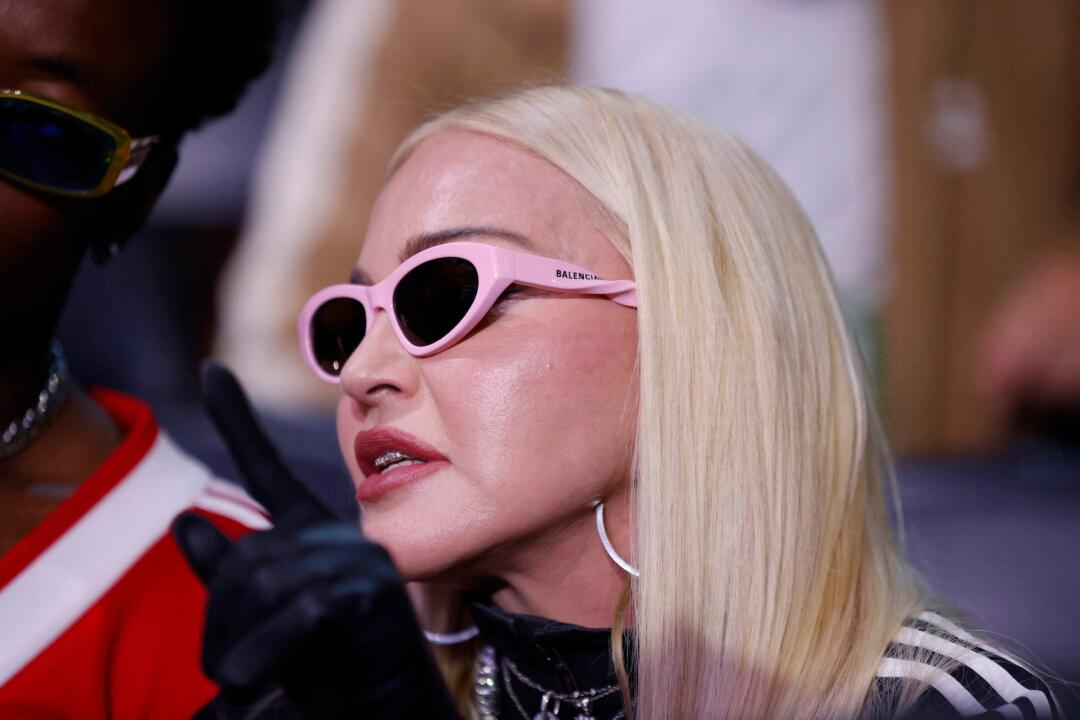Celebrity superstars who leveraged their fame to endorse digital assets like cryptocurrencies and nonfungible tokens (NFTs) face a series of civil lawsuits by investors who lost fortunes when the sizzling bull run for all things crypto iced over and those assets plunged in price.
From movie stars to celebrity athletes, many have found themselves named in lawsuits over their promotion of since-failed virtual asset projects.





